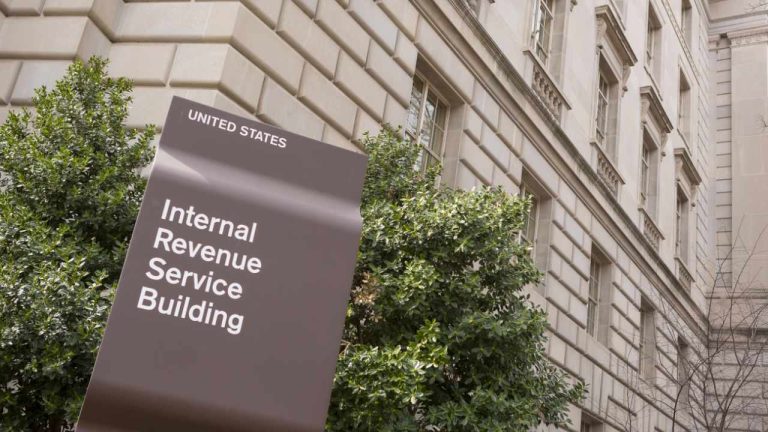The Internal Revenue Service (IRS) is building “hundreds” of crypto cases to crack down on tax evasion, an official reportedly said. In the fiscal year 2022, the IRS Criminal Investigation Division seized about $7 billion in cryptocurrency, which was double the previous year’s total.
IRS Building ‘Hundreds’ of Cases to Crack Down on Tax Evasion via Cryptocurrency
The Internal Revenue Service (IRS) Criminal Investigation Division (CI), the tax authority’s law enforcement branch, is building “hundreds” of crypto cases, Bloomberg reported Thursday. The publication cited CI chief Jim Lee who said many of the cases will soon be made public.
Lee explained during a press call that the cases largely involve cryptocurrencies being exchanged for fiat currencies and people failing to report payments in crypto. The CI chief noted that while most cases were related to money laundering in the past, he has “really seen a shift” in digital asset investigations in the past three years.
The Criminal Investigation Division’s annual report, released Thursday, states that the IRS “seized record amounts of data and cryptocurrency.” Lee told the news outlet that CI seized about $7 billion in cryptocurrency in the fiscal year 2022, which was double the previous fiscal year’s total. The CI fiscal year began on Oct. 1, 2021, and ended on Sept. 30, 2022.
The tax authority established the Office of Cyber and Forensic Services (CFS) last year to consolidate several areas of investigation, including digital assets, cybercrime, digital forensics, and physical forensics. Lee claimed that the office is capable of tracing essentially any crypto transaction.
The report details:
Among its priorities, CFS supports criminal investigations agency-wide regarding the illicit uses of digital assets and how they can be used to exploit the U.S. tax and financial system.
“The CFS is constantly taking additional steps to evolve, especially as threats evolve in areas such as decentralized finance [defi], peer-to-peer payments, and anonymity-enhanced cryptocurrencies. Due to relatively limited resources, the CFS focuses on cases where they can have the most significant impact,” the report adds, elaborating:
CI prioritized training and the deployment of cryptocurrency, blockchain, and open-source intelligence technologies to unravel complex cyber-financial criminal schemes.
“When a foreign corrupt government official receives bribes, they often use a third party to move or launder those illegal proceeds to buy properties, cryptocurrencies, and many other assets. If any of the funds move into or through [the] U.S. financial system, CI can trace the money,” the report further details.
What do you think about the IRS building hundreds of crypto cases? Let us know in the comments section below.










